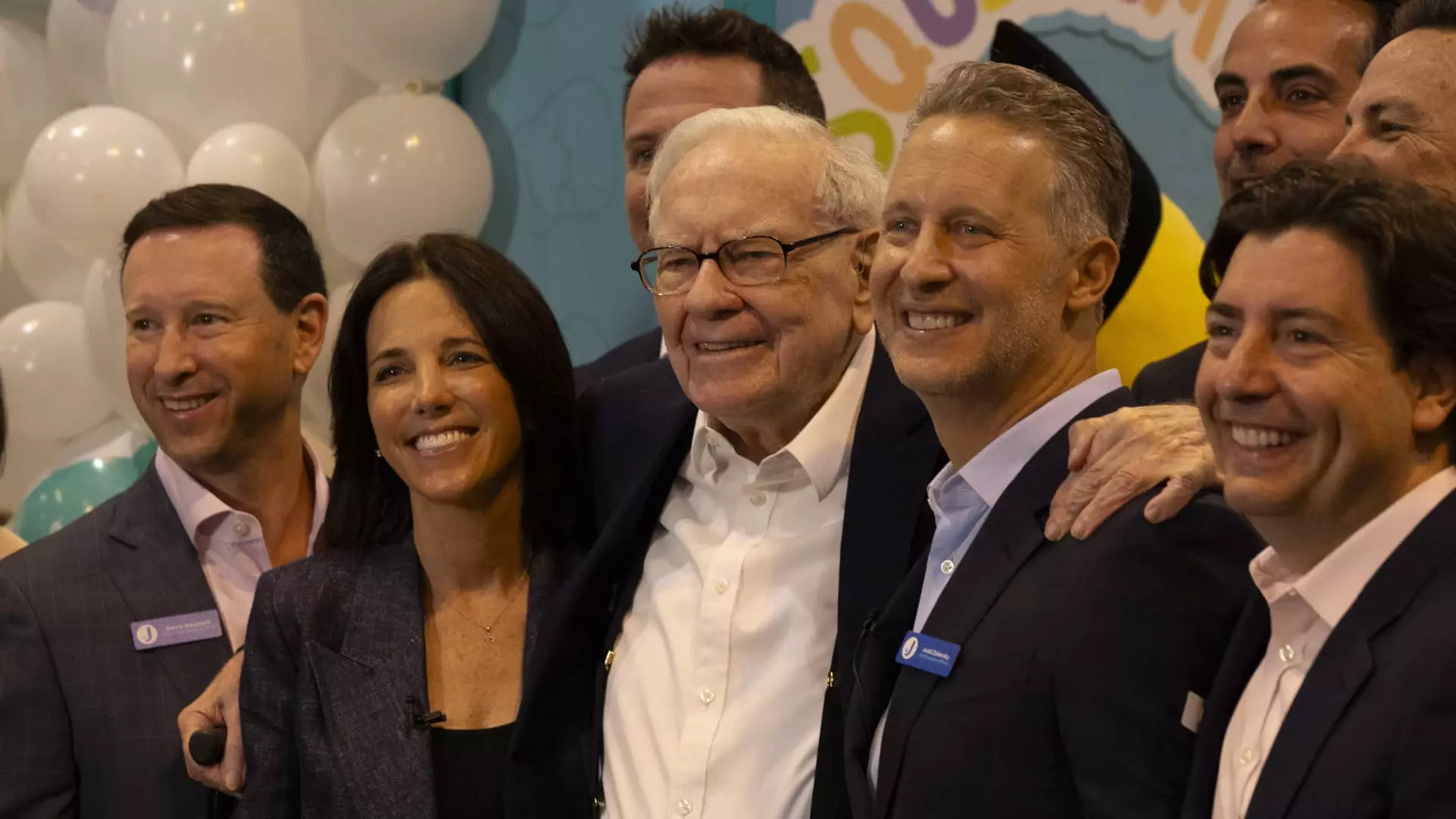Warren Buffett’s Berkshire Hathaway continues to demonstrate its investment prowess, making headlines once again with a significant acquisition in the media sector. Recently, the conglomerate increased its stake in SiriusXM, a popular satellite radio service, to over 35%. This move involves the purchase of approximately 2.3 million shares, costing around $54 million. This transaction spans several days, clarifying Berkshire’s unwavering commitment to a company that has faced its share of challenges in the ever-evolving media landscape.
The decision to invest further in SiriusXM reflects a strategic foresight that Buffett and his team are known for. By boosting their ownership, they seem to be betting on the long-term potential of SiriusXM, particularly following its merger with Liberty Media’s tracking stocks, finalized in early September. This merger transformed SiriusXM into a more integrated entity within the realm of multimedia, highlighting Buffett’s interest in leveraging corporate realignments for substantial gains.
Despite Berkshire’s faith in SiriusXM, the company has encountered substantial hurdles recently, including a staggering 58% decline in stock value throughout 2024. Subscriber losses and shifting demographics pose significant threats to SiriusXM’s subscriber base and, consequently, its profitability. This backdrop makes Berkshire’s increased stake particularly intriguing, raising questions about the company’s confidence in a turnaround.
With only three out of sixteen analysts recommending SiriusXM as a buy, the sentiment on Wall Street is far from optimistic. The lack of enthusiasm from analysts reveals a significant disconnect between Berkshire’s actions and the broader market perception of SiriusXM. However, a potential silver lining may exist as the company’s stock has shown signs of recovery, incrementally rising about 5% in the new year, hinting at possible investor optimism and suggesting that maybe the worst is behind SiriusXM.
The fact that Warren Buffett has not publicly discussed this investment raises an intriguing point about the operational dynamics within Berkshire Hathaway. The question of whether this decision stemmed from Buffett himself or his trusted investing lieutenants—Ted Weschler or Todd Combs—remains unanswered. This ambiguity highlights Buffett’s delegational approach, where he empowers his team to explore potential opportunities while maintaining a strategic oversight role.
If the decision to purchase SiriusXM shares is attributed to the insights of Weschler or Combs, it showcases their capability to identify undervalued assets and emerging opportunities. Whether driven by the veteran Buffett or his successors, this strategic acquisition exemplifies Berkshire Hathaway’s enduring appeal as an astute investment vehicle.
Investing in SiriusXM amidst its current struggles might appear reckless to some, yet Buffett’s history suggests a nuanced understanding of market dynamics. The move can be interpreted as a bullish stance on the company’s potential future performance, particularly as the landscape of media consumption shifts. As such, Berkshire Hathaway’s involvement might not only be a strategic play aimed at capitalizing on a turnaround but also a signal of confidence in the transformative potential of SiriusXM’s new corporate structure following its merger. Whether this strategy pays off remains to be seen, but Berkshire’s unwavering commitment certainly positions it as a key player in the satellite radio industry.

